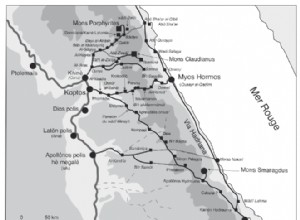The end of the Christian rule over the capital of the Eastern Roman Empire marks the end of the Middle Ages in the history of Europe and the end of the Dark Ages in Europe and the beginning of a new era of knowledge and consciousness. It was as if Europe had woken up from its slumber with a great st




